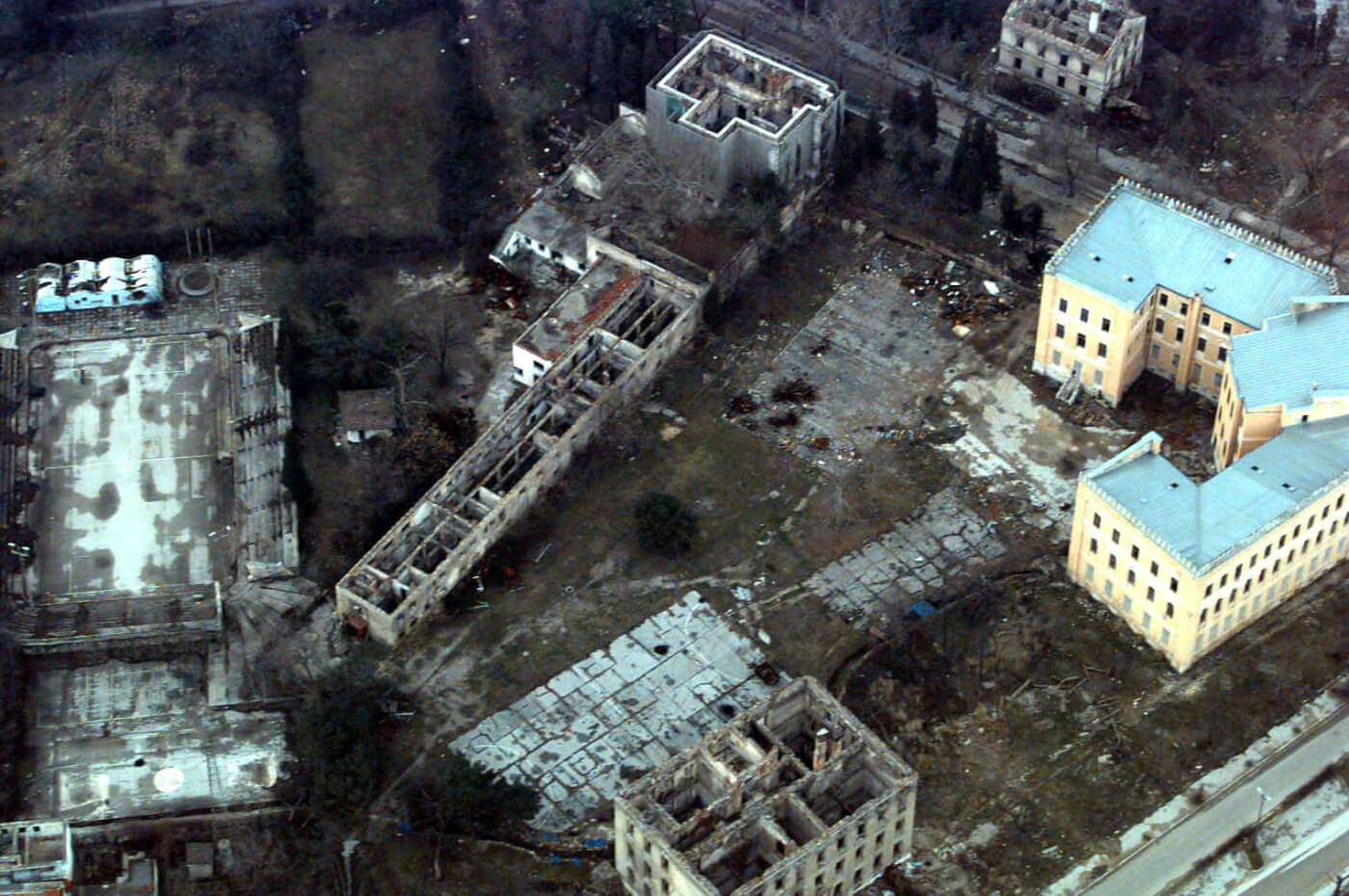The UN women’s rights committee has found that tens of thousands of women were victims of sexual violence in Bosnia and Herzegovina (BiH) between 1992 and 1995. These women have been long neglected prompting calls by the UN Committee on the Elimination of Discrimination against Women (CEDAW) to call on the government to “take immediate action to provide adequate social and economic support.”
CEDAW found that between 12,000 and 50,000 girls and women were raped by armed forces over the three-year period.
In their latest session, prompted by an individual case brought by a Bosnian Croat identified only as S.H. to protect her privacy, the UN committee concluded that:
“conflict-related sexual violence investigations in the country had been ineffective and too slow, and there was insufficient compensation and support for victims in BiH.”
UN research conducted in 2017 found that 62% of survivors of conflict-related violence were unemployed, 64% had no social support, and more than half lived under the poverty line.
The case of S.H.
S.H., represented by Philip Grant of TRIAL International, initially submitted her case to the UN Committee on 27 January 2017. She reported that she had been robbed and raped in the town of Prijedor by a member of the Bosnian Serb forces in 1995, during the conflict in the former Yugoslavia.
At the time she reported the incident to the police, but no investigation was opened and in 2008 discovered that the case files had been disposed of.
A statement made by Nahla Haidar, a CEDAW member, provided alongside it’s adoption of views on 9 July 2020, upheld that:
“The case reflects the situation of many victims of conflict-related sexual violence whose cases are not investigated in a timely and effective manner, and who do not receive any compensation,”
As well as noting that S.H. had suffered:
“severe physical harm impacting her sexual and reproductive health and rights, as well as the psychological harm and material damages she endured for more than 25 years after the incident,”
In 2019, the BiH authorities did eventually recognise her status as a victim of conflict-related sexual violence and S.H. now receives a “monthly disability pension” of 130 marka (just shy of £60GBP), which Nahla feels is “not commensurate with what she suffered”.
UN Recommendations
Included in CEDAW’s views were recommendations to the BiH government, who they recognise are still grappling with post-conflict transitional justice processes. CEDAW suggest that the government ensure survivors of wartime sexual violence have full access to national remedies, effective relief and reparations on a basis of equality before the law.
On 17 July 2020, the UN Security council were told by Pramila Patten, Special Representative of the Secretary-General on Sexual Violence in Conflict, that wartime sexual violence was being used as a “tactic of war, torture and terror, and a tool of political repression, to dehumanize, destabilize, and forcibly displace populations”.
Watch IOHR interview Syrian-Kurdish journalist Hisham Arafat about how rape is used as a war weapon against Kurdish women in Syria:
Ms. Patten upheld that a survivor-centred approach, which requires “tailored solutions that build resilience, restore voice and choice to survivors, and address the diverse experiences of all affected individuals”, was imperative in addressing the issue of conflict related sexual violence.
Sexual and gender-based violence also remains a chronically under-funded sector of the United Nations, receiving less than 1 per cent of the humanitarian assistance budget.
Violence against women still rife in BiH
Separately, UN Women BiH released a statement earlier in the month claiming that 48% of women in Bosnia and Herzegovina have experienced some form of violence since they were 15. Around 96% of perpetrators of violence against women in BiH were men.
The BiH statement read:
“Violence against women and girls, which has psychological, sexual and physical consequences, is the most serious form of human rights violation…It is violence that prevents women from taking a full part in society and leaves consequences for the economy and public health. The estimated annual costs of responding to domestic violence in BiH amount to 65 million BAM,”
UN Women BiH uphold that violence against women and girls is a consequence of unequal relationships in the family and society where the role of men dominates.

